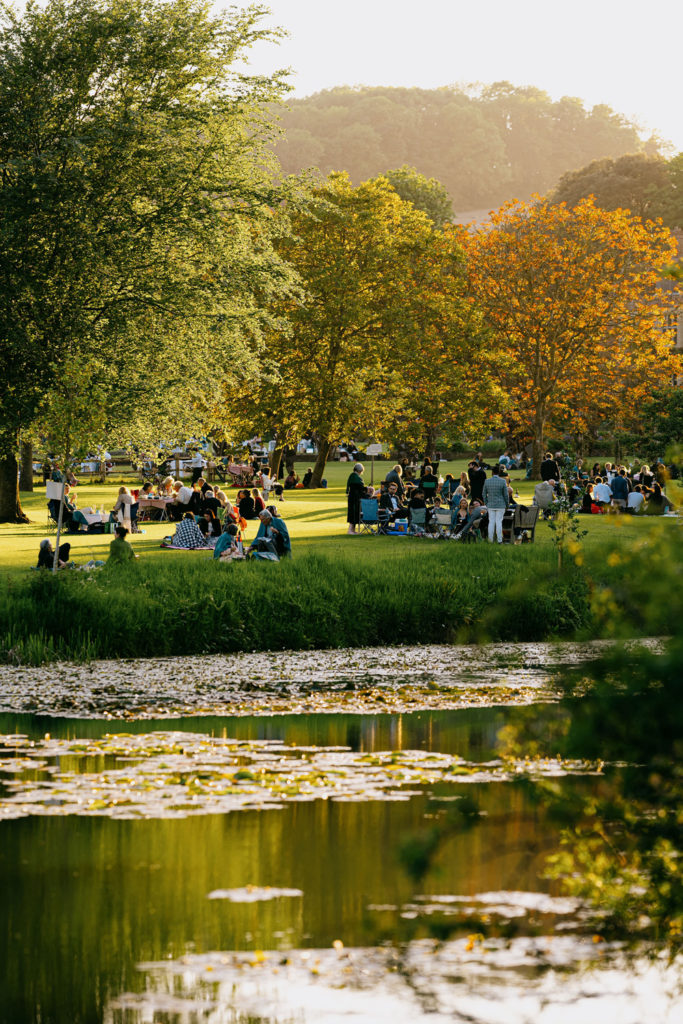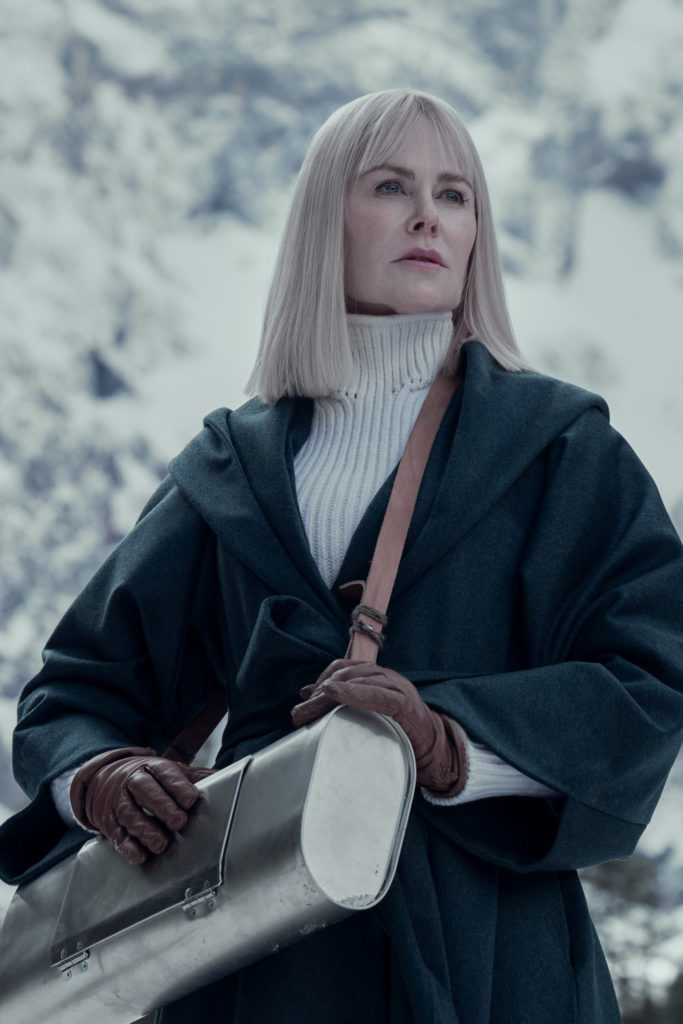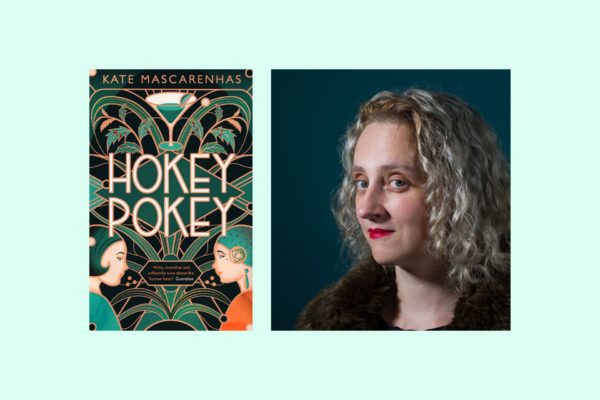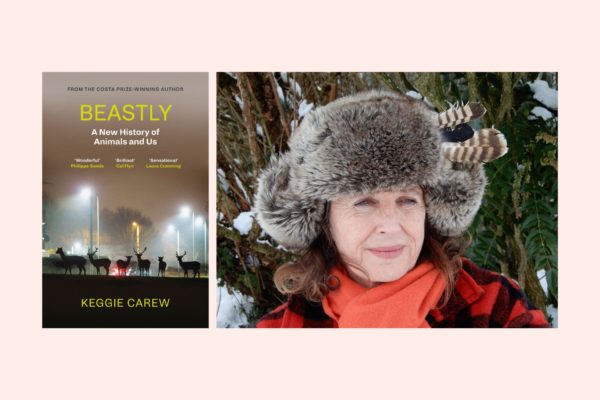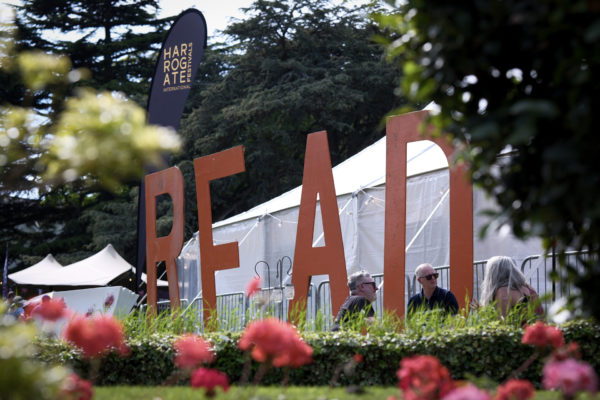Interview: L. S. Stratton On Her New Crime Thriller, Not So Perfect Strangers
By
2 years ago
Not So Perfect Strangers is out now

Crime reporter turned crime author, L.S. Stratton’s new domestic thriller, Not So Perfect Strangers, follows two women living in modern America who, after a fateful encounter, find their lives entangled in increasingly sinister ways. Olivia Emily sat down with L.S. Stratton to discuss the new book, which is out now, plus writing across genres and balancing being a novelist with a day job and family life.
Not So Perfect Strangers by L.S. Stratton – Interview
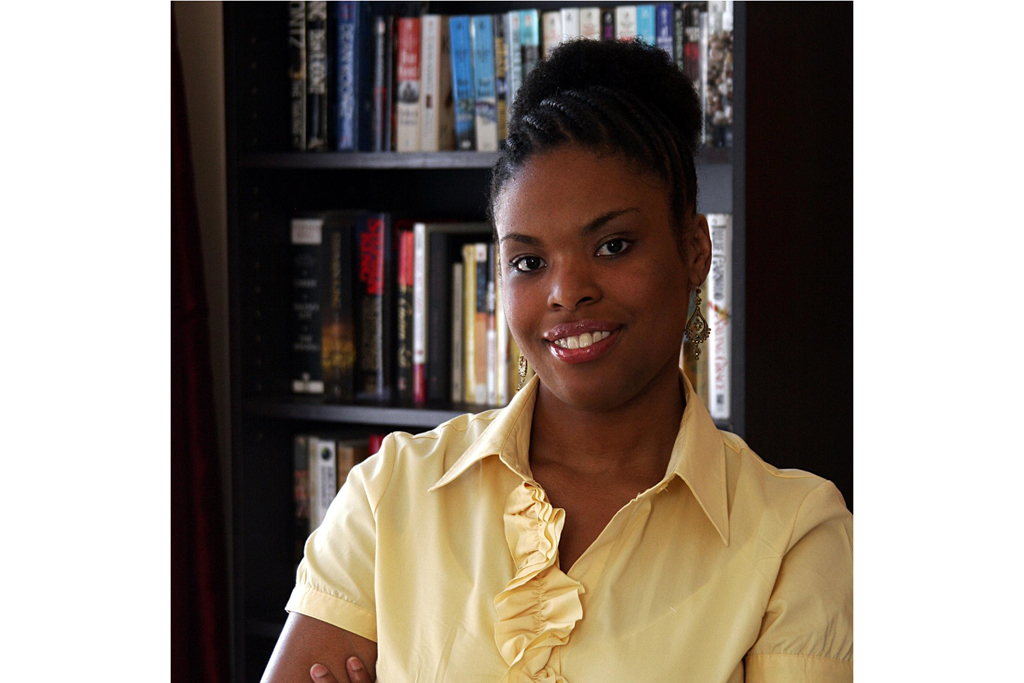
© Joe Yablonsky
Hi L.S. Stratton, how’s life going at the moment?
It’s been going well. I’m excited about the release of Not So Perfect Strangers in the U.K. after having a release in the U.S. that exceeded my expectations. I’m also working on edits for my next thriller.
Not So Perfect Strangers is out now – can you give us an elevator pitch?
Not So Perfect Strangers is a twisty thriller inspired by Alfred Hitchcock’s Strangers on a Train, that explores themes of race and gender politics.
It’s also about two women in unhappy marriages – what drew you to a story like this?
I have to talk about the story’s origin first. I’m a fan of several Alfred Hitchcock films from Lifeboat (my favorite) to Strangers on a Train. Strangers on a Train, which is an adaptation of the 1950 Patricia Highsmith novel, is such a bizarre but riveting story about two total strangers – Bruno Antony and Guy Haines – who meet randomly on a train ride. They talk about their lives and discover that they both have people they wouldn’t mind getting rid of. Bruno suggests that he and Guy could help one another take care of their ‘nuisances’ by murdering them, Guy dismisses it as a joke, the train arrives at its destination, and the two men go their separate ways never to meet again. Or, so Guy thinks. The story goes from there.
There have been many novels and films that have done their spin on the Strangers on a Train plotline. I wanted to try my hand at it. I changed the characters to two women in unhappy marriages and used the film’s plot as not the entire story, but as a starting point for a novel with much bigger themes and even more twists and turns than what Highsmith and Hitchcock expertly executed.
What was your process of creating the two women?
I wanted to create two women who seem to be polar opposites on the exterior. Madison is a white socialite and wife of a powerful lobbyist in Washington D.C. Tasha is a black working-class woman who could easily be part of my own extended family. But there are two things these women have in common in their private lives: unhappy marriages and similar trauma in their pasts and present.
You were previously a crime reporter – how did that career inform your fiction?
Writing as a crime reporter taught me the importance of a good lede or ‘hook’ – something to immediately catch readers attention. I’ve learned to adapt that to my fiction writing. I try to write openings that immediately have readers invested in the story and eager to see what happens next.
When did you decide to pivot from reporter to novelist?
I’m still a journalist. It’s my ‘day job’. I write novels as well.
You write across genres – how do you decide which genre to write next?
I’m an avid reader of all genres but my preference and mood varies. The same for my writing. I go where the muse takes me and lately it’s been giving me mystery/thriller plot ideas.
What’s a genre you haven’t tried before that you’d love to write?
I think I would like to try my hand at horror. I’m going in that direction with my next novel which will be a modern gothic thriller that is much creepier and more ominous than Not So Perfect Strangers.
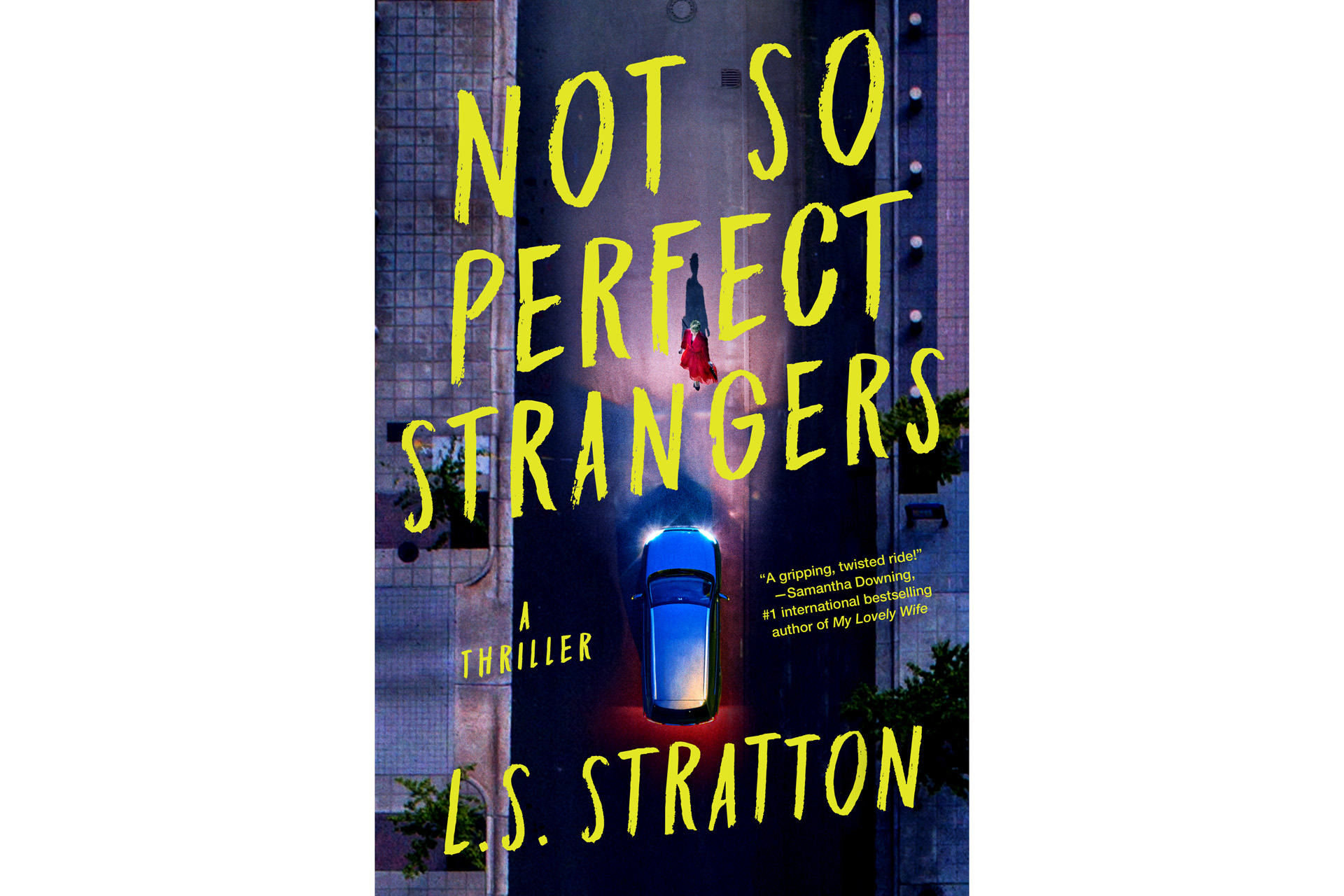
How do you create your stories: plot or character first?
It varies. Sometimes, I see a scene with a character and develop a plot around it. Sometimes, I know the plot and am surprised by how the character is shaped during the course of the writing process.
What is your writing process like? How do you get started, how do you plan, how do you know it’s a good idea?
I’m a mix between a plotter and a pantser. I usually have a rough idea of the plot and start to write a few chapters to get a feel for the story, characters, setting, and tone. By then, I decide if it’s a good enough idea that I want to invest 80K to 100K words and five to nine months’ worth of labor. In the next step, I start to refine the plot by writing a three-to-five page synopsis and more chapters. Maybe 70 to 80 percent of the book is written when I develop a more detailed chapter outline so that I can make sure I’m adequately executing the story. This is especially important with mysteries/thrillers. I need to know if I’m including hints to the reader in the proper places and if I’m pacing the novel correctly.
What is your ideal work set up? Is it day or night? Is it loud or quiet? Private or public?
I prefer writing at home during the day in bed or on a sofa with the television turned low for background noise, but I have learned as a writer with a full-time job and a young child that you take what time and setting is available to you to write. If I waited for the perfect moment and location to write my novels, I would rarely get any writing done.
Do you have a writing playlist? If yes, what are your top writing songs?
Strangely enough, I can write with the benign background noise of the television but I can’t write with music playing. I’ve tried, but I get too emotionally invested. If I hear a sad ballad, it affects my writing and the scene becomes morose. If I hear a peppy pop song, the scene I’m writing becomes more lively. If I hear an angry hip hop or rock track… You get what I’m saying.
Did you always want to be a writer?
I’d written stories in notebooks for most of my life, but I wanted to be an architect. I started school with a dual major in civil engineering and architecture. But I figured out it wasn’t right for me. Writing was my calling, so I switched majors to journalism and started my first short story that a publisher bought when I was 19.
Which writers inspire you?
I’ve always been inspired by Toni Morrison for the depth and bravery of her writing. I’ve also been a fan of Stephen King for years. He knows what he does well and has built a loyal audience that has endured for decades and continues to grow.
What are your top five favourite books?
Let me preface this by saying I have eclectic tastes:
- It by Stephen King
- A Gesture Life by Chang-rae Lee
- The Warmth of Other Suns, The Epic Story of America’s Great Migration by Isabel Wilkerson
- The Wide Circumference of Love by Marita Golden
- The Girl Before by JP Delaney
What about your favourite films?
- Amelie
- Eat, Drink, Man, Woman
- Cold Mountain
- Big Lebowski
- Clue
- Knives Out
How does it feel for the book to finally be out?
It’s both exciting and scary. It’s good to have something you’ve been working on for a year finally be read by others, but it’s also a bit scary that something that was so personal to you for so long is now available for public consumption and critique. I’ve been through this numerous times as an author, and each time feels like the first time.
What was editing like?
It was intimidating but I’m happy with the final product. My editor, Laura Schreiber, loved my book when we submitted it. That didn’t mean she didn’t have 14-pages’ worth of editorial notes. The plot itself was pretty solid, so most of her notes were on character development. She wanted more details about their motivations, their rationale, etc. It definitely added more depth to the story and made it more real. We went through two rewrites before we arrived at a version we both said, ‘This is it. This is done.’
Did you have a launch party?
No launch party, but I had a book event in honor of my release in the states at a bookstore in Washington, D.C. – my hometown and the city that was the setting of the novel, Not So Perfect Strangers.
How do you balance writing with the rest of your life? Are you strict and scheduled in treating writing like a 9-5?
I can’t keep a strict schedule because there are too many other things that I’m juggling simultaneously. But when I do carve out time to write, my family knows to respect it. I say, ‘This is my OTHER job. Only interrupt me if you absolutely have to.’
Any tips for budding writers?
Writing is a profession that everyone thinks they can do but, in reality, it takes a lot of time and effort to do it well. It’s a craft where you should constantly evolve and, hopefully, become better at it. Be willing to put in the time and effort to do that. Read other books and analyze the novels that you utterly loved. How did the author execute the plot? What character resonated with you and why? It all helps you to get better at your craft.
Not So Perfect Strangers by L.S. Stratton is published by Union Square & Co., £8.99, waterstones.com


